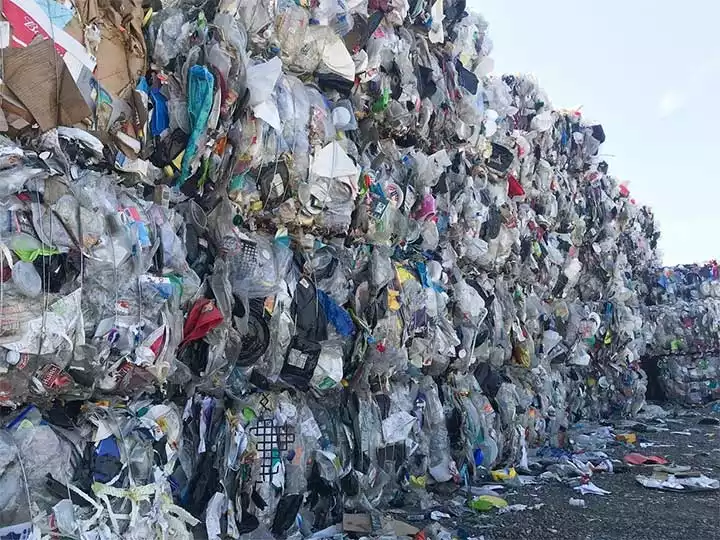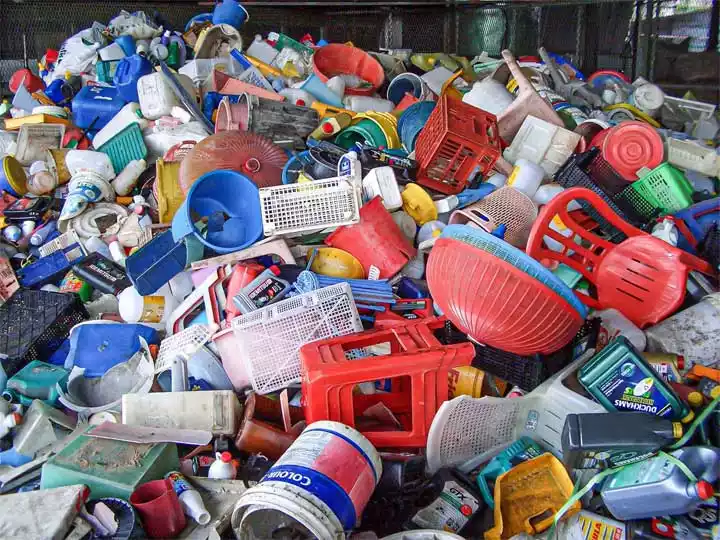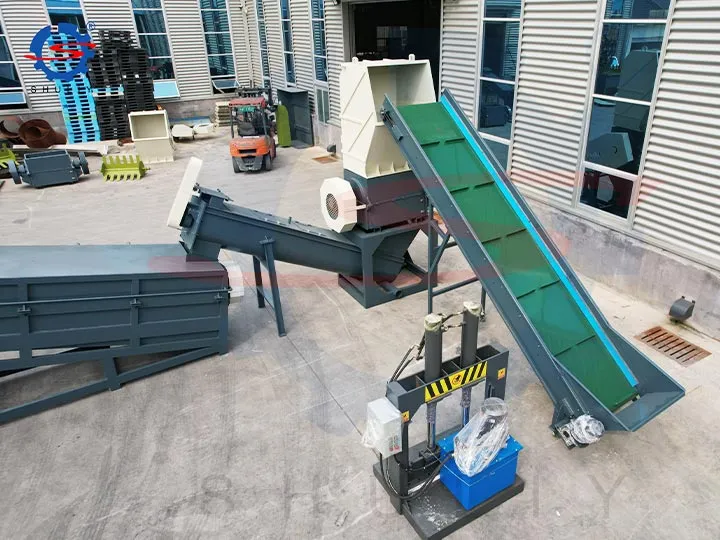What Is Post-Consumer Plastic Recycling?

Post-consumer plastic recycling refers to the process of recycling and reprocessing plastic products that have been used and discarded by the final consumer. After being consumed, these products enter the plastic scrap stream, usually in the form of garbage or recyclable materials.
Solutions of Post-Consumer Plastic Recycling
Collection: Collecting plastic products (e.g., plastic bottles, bags, food packaging, etc.) discarded by consumers from garbage or recycling stations.
Sorting: Sorting the collected plastics, separating plastics by type (HDPE, LDPE, LLDPE, PP ,PET, etc.), color and form of production (plastic bags, plastic film, rigid plastics, Styrofoam). This is often an important step as different types of plastics require different recycling processes.
Washing: The plastics are washed to remove any residual contaminants such as food residue, grease or label adhesive.
Crushing: The cleaned plastic products are crushed into small pieces or pellets for further processing.
Melting, Plasticizing and Pelletizing: The crushed plastic is melted and plasticized at temperatures in excess of 300 degrees and then filtered through a die to be extruded into plastic pellets. These pellets are used in other industries.
Making New Products: Recycled plastics can be used to make new products, such as recycled plastic bottles, recycled shrink film, recycled stretch wrap, textile fibers, and so on.
Advantages of Post-Consumer Recycling
Reduce environmental pollution: By recycling waste plastic, the material will get a new life, reducing the possibility of plastic waste entering the natural environment and reducing plastic pollution.
Energy saving: In the process of extracting raw materials, a lot of energy is needed, which means that through mechanical recycling, the company will reduce production costs, electricity consumption, labor and other costs.
Job creation: The plastic recycling program creates more jobs, especially at the plastic collection, plastic sorting stage. Plastic recycling programs have a positive impact on the economies of countries such as Ethiopia, Mozambique and Kenya.
Supporting the circular economy: the use of recycled plastics promotes the development of the circular economy and reduces the consumption of energy and resources needed to produce new plastics.
Ideal Equipment for Post-Consumer Plastic Recycling
- Post-consumer plastic bags and film scrap are mostly made of PP HDPE, LDPE, and LLDPE.
Shuliy’s Plastic Pelletizer with two to three filtration stages and suitable melting and plasticizing temperatures is the ideal solution for recycling waste plastic bags and films made from HDPE, LDPE, LLDPE, and PP.Shuliy’s recycling solution cuts, cleans, melts, plastisols, extrudes and pelletizes the plastic scrap to produce high-quality recycled pellets for the plastics industry.
- Post-consumer rigid plastic scrap is commonly made of ABS, PET, PVC, PE, PP, PS, PA and ABS.
Shuliy’s heavy-duty crusher is designed for recyclers and producers of hard plastic waste made from PE, PP, PS, PVC, and ABS. After crushing, cleaning and drying, the hard plastic scrap is fed directly into the granulator through a screw conveyor belt. The machine produces recycled pellets that can be reused in plastic production lines.


